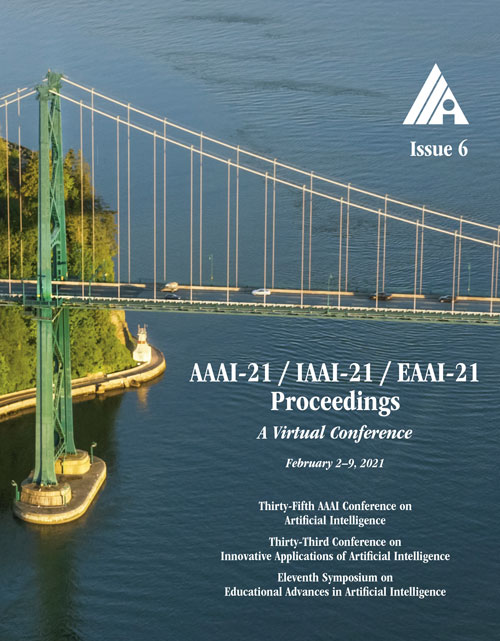Proportionally Representative Participatory Budgeting with Ordinal Preferences
DOI:
https://doi.org/10.1609/aaai.v35i6.16646Keywords:
Social Choice / VotingAbstract
Participatory budgeting (PB) is a democratic paradigm whereby voters decide on a set of projects to fund with a limited budget. We consider PB in a setting where voters report ordinal preferences over projects and have (possibly) asymmetric weights. We propose proportional representation axioms and clarify how they fit into other preference aggregation settings, such as multi-winner voting and approval-based multi-winner voting. As a result of our study, we also discover a new solution concept for approval-based multi-winner voting, which we call Inclusion PSC (IPSC). IPSC is stronger than proportional justified representation (PJR), incomparable to extended justified representation (EJR), and yet compatible with EJR. The well-studied Proportional Approval Voting (PAV) rule produces a committee that satisfies both EJR and IPSC; however, both these axioms can also be satisfied by an algorithm that runs in polynomial-time.Downloads
Published
2021-05-18
How to Cite
Aziz, H., & Lee, B. E. (2021). Proportionally Representative Participatory Budgeting with Ordinal Preferences. Proceedings of the AAAI Conference on Artificial Intelligence, 35(6), 5110-5118. https://doi.org/10.1609/aaai.v35i6.16646
Issue
Section
AAAI Technical Track on Game Theory and Economic Paradigms

